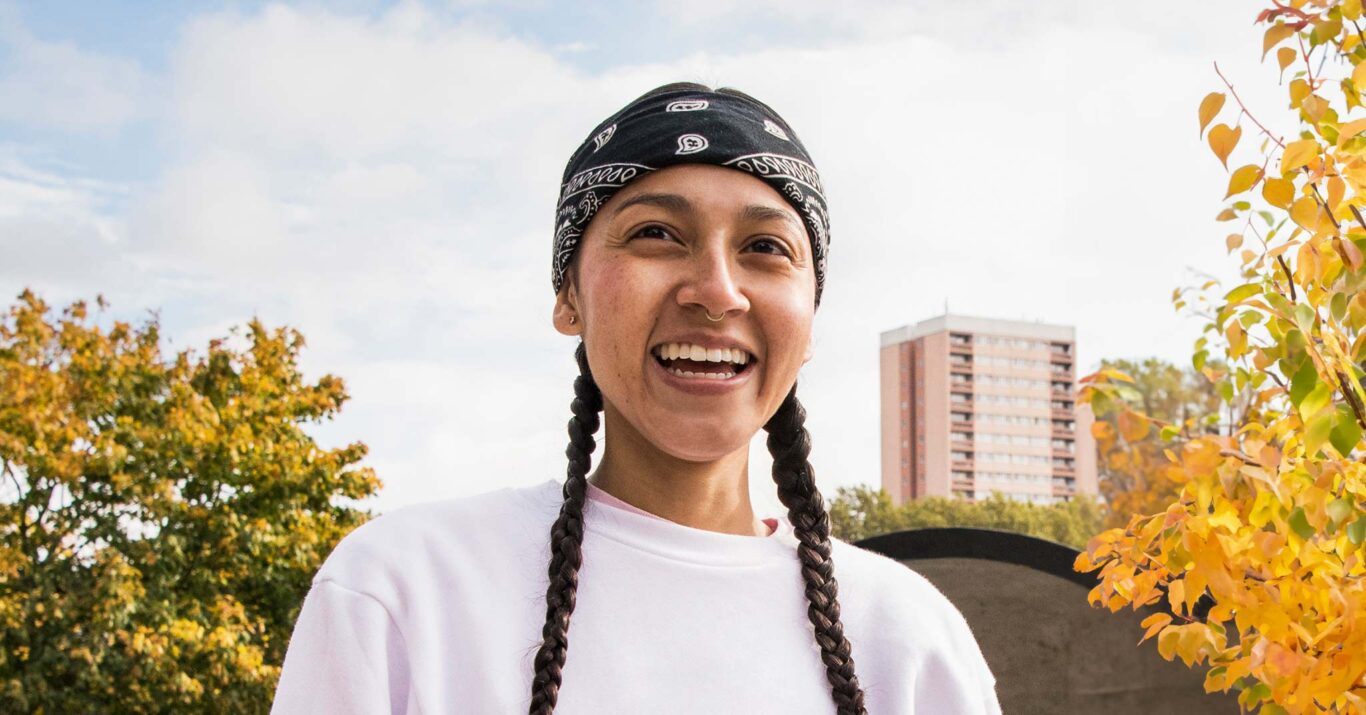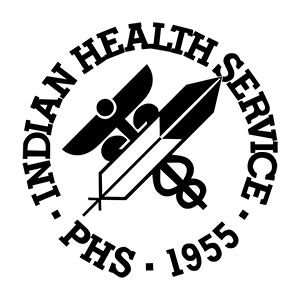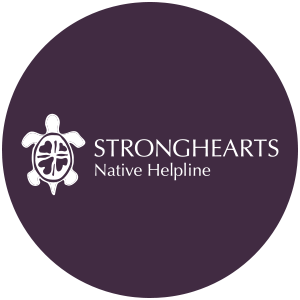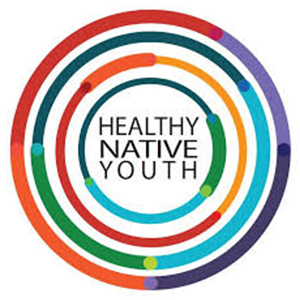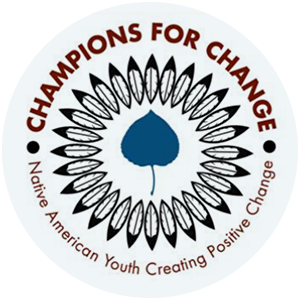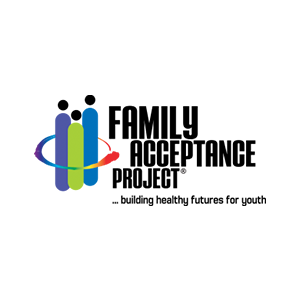How To Take Care Of Yourself
If you are struggling, there are ways to cope right now. You can also call the 988 Lifeline at any time – we’re free, confidential, and available 24/7.
Having a sense of belonging to one’s culture, or a strong tribal/spiritual bond can be helpful. Discuss problems with friends, family, or community — feeling connected to others can create positive emotional health.
Creating a safety plan can include listing your coping strategies, identifying the people in your life that may support you through a crisis, and more. Have a step-by-step plan ready for if/when you feel depressed, suicidal, or in crisis, so you can start at step one and continue through the steps until you feel safe. Having a template on hand with an established plan may be helpful, or you can get help and guidance at https://www.mysafetyplan.org/.
Reach out to your support network, find a therapist or a support group, or get in touch with the 988 Lifeline.
Taking care of yourself can be an important part of your process. Your “self-care” activities can be anything that makes you feel good about yourself.
How To Help
Complex, interrelated factors contribute to suicide among Native American, Indian, Indigenous, and Alaska Natives. Members of these communities have experienced trauma from wars, loss of land, genocide, and forced removal from ancestral lands.
Be an active part of your loved ones’ support systems and check in with them often. If they show any warning signs for suicide, be direct. Tell them it’s OK to talk about suicidal feelings. Practice active listening techniques and let them talk without judgment.
Research local resources. Don’t be afraid to get your loved one the help they might need. Support them in identifying others to talk to that may understand how they feel – family members, friends, co-workers, and community or spiritual leaders. The 988 Lifeline is always here to talk or chat, both for support in a time of crisis and to support friends and loved ones.
